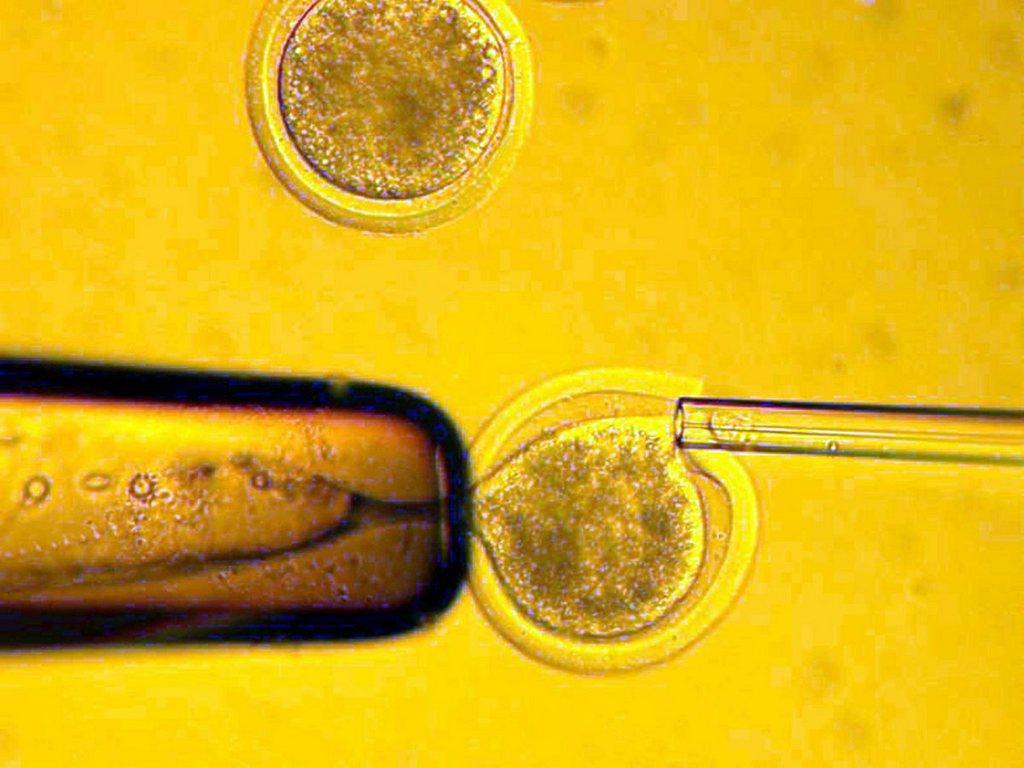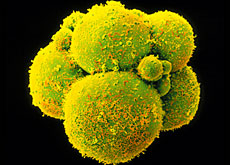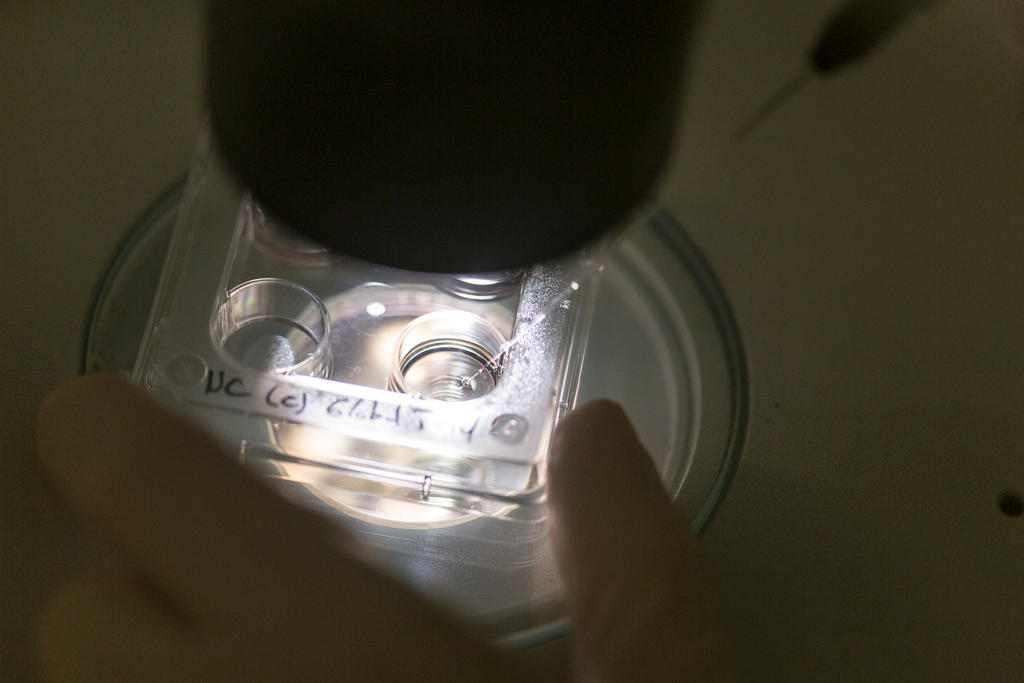Embryo research laws ‘need to be revised’

How far should research with human embryos be allowed to develop? The National Advisory Commission on Biomedical Ethics (NCE) has released a position paper on the topic of genetic editing of human embryos.
A new method developed for genetic engineering enables precise interventions in genetic material, including samples taken from embryos. The NCE has evaluated the risks and opportunities of such interventions and has come to the conclusion that research on embryos in Switzerland is not consistently regulated.
Research groups in China are already reporting on laboratory experiments in which genetic material from human embryos is manipulated to correct genetic defects. Researchers in Britain have used the same technology – a gene splicer called CRISPR/Cas9 – for basic research on manipulation of human embryos.
What is particular about these interventions is that they affect not only the embryo which is modified, but also future generations – meaning they have an effect on evolution, said the NCE paper, published on Monday.
Ethical dilemmas
The potential uses of genome editing include not only contributions to basic science but also the development of potential therapies. The goal of genetic “correction” is to treat diseases in individuals and thus prevent their transmission to future generations.
According to the NCE, it’s not clear whether genetic manipulation has advantages over preimplantation diagnostics (PID), which allows parents carrying a gene for an inherited disease to identify and not implant embryos that have genetic defects.
The “sorting out” and elimination of affected embryos in PID has ethical considerations which do not come into play in gene therapy. But gene therapy is also associated with ethical questions, such as “where is the line between treating a disease and optimisation of an individual?”
Future directions
The commission members agreed that the technical aspects of the interventions are far from being ready for implementation. But whereas some members maintained that any type of manipulation of human embryos is legally prohibited in Switzerland and should remain so, others would like to make it possible to conduct basic embryonic research.
The NCE position paper concluded that legislation covering research with embryos needed to be revised to produce a coherent and comprehensive law.

In compliance with the JTI standards
More: SWI swissinfo.ch certified by the Journalism Trust Initiative



You can find an overview of ongoing debates with our journalists here. Please join us!
If you want to start a conversation about a topic raised in this article or want to report factual errors, email us at english@swissinfo.ch.